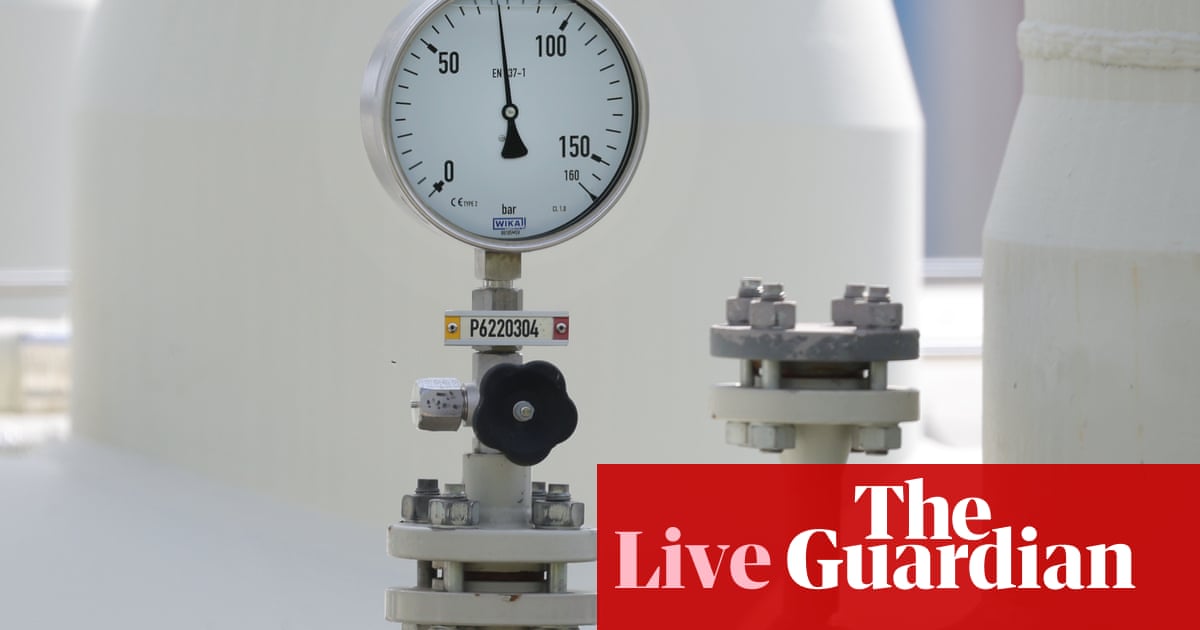Welcome to london.gov.uk (Beta). We’re interested to hear what you think of the new website.
We know that across the capital, Londoners’ experience of health and care varies enormously. In my roles as both a practising GP and the Mayor’s Health Advisor, I see communities in our city whose health is disproportionately impacted by who they are or where they live. Whilst these inequalities existed prior to COVID-19, we know the pandemic exacerbated them. This is particularly true for London’s Black and Asian communities, disabled people, older people and Londoners living on lower incomes. And, unfortunately, the cost-of-living crisis only threatens to make things worse.
The Mayor’s Six Tests have supported the Mayor to work with the NHS on behalf of Londoners since 2017. He now wants to strengthen them to reflect the circumstances the city faces and to better address how Londoners experience healthcare across our city. That’s why the latest Nuffield Trust report commissioned by the Mayor, which takes a targeted and in-depth look at the Health Inequalities test (HI test), is so important.
The report makes recommendations for how the Mayor could adapt the questions he asks as part of his Six Tests, to better help the NHS address inequities in both access to and experiences of healthcare across our city. For example, the Nuffield Trust’s report suggests making more specific reference to socio-economic deprivation and structural racism faced by minoritized communities. Not only is it vital to look at both these issues individually, but to understand how these two factors often overlap and compound to impact on a person or community’s access to health services and health outcomes.
The report also rightly recognises the heightened ambition and urgency now seen within the NHS to tackle health inequalities. Nuffield recommends, and we agree, that this should be more fully recommended in the Six Tests. Our revised HI test sets a more ambitious approach to the reduction of health inequalities, and has challenged the NHS to not only include proposed action to prevent ill-health in planning healthcare services, but also targeted action and resource to improve the healthy life-expectancies of the most disadvantaged Londoners.
In view of the ongoing cost-of-living crisis, reducing health inequalities involves recognising that the NHS can play a significant role in addressing wider determinants of health – the social, economic and environmental conditions that shape good health. Therefore, as part of the revision to the HI test, the Mayor is asking the NHS to consider maximising their role as an anchor institution. This means making sure that the NHS continues to be a major employer in local communities, encouraging and enabling the health service to procure locally to enhance the local economy, ensuring that the service continues to reduce its environmental impact, and even asking the NHS to consider whether its buildings and spaces are being used to support local people.
The great news is that some of this work is already underway. One example of that is the NHS’s involvement in the Mayor’s Academies programme, which brings together employers, education and training providers and sector bodies to work together to develop clear pathways into employment with training, work experience and advice and guidance for Londoners. The NHS has led in the establishment of the Health Academies Hub in order to support Londoners from the most disadvantaged backgrounds access jobs and opportunities in healthcare.
Further to the report, the Mayor also seeks to go beyond focus on the HI test. By making changes to the Hospital Beds strand of the Six Tests he is recognising both the new opportunities that come from the use of digital healthcare, and some of the potential challenges in these new models of care. His revision to the bed test therefore asks the NHS to seek independent scrutiny that reflects on the latest demographic projections when deciding on bed capacity, and to ensure that a reduction in beds meets an additional condition – based on something called the NHS’s ‘common sense’ conditions. These changes could help ensure that our hospitals and care facilities are adequately equipped to deal with large scale health emergencies such as pandemics, while also being able to provide the best quality of care for all Londoners at all times.
We want Londoners to have the excellent healthcare that they deserve. This means we need to work closely with the NHS to ensure healthcare facilities are built to an excellent standard and accessible to all of London’s diverse communities. However, this report highlights that the Mayor’s Six Tests are also about more than that. It’s a partnership to ensure that our health service has a wider positive impact on the social, economic and environmental conditions in London to support healthy and prosperous people and communities.
I’m incredibly grateful to all those colleagues in the NHS who have actively contributed to this work. My hope is that the changes will be welcomed by those working on major services changes across London’s health system and improve our collaboration on influencing the wider determinants which shape good health. As well as challenging the NHS meet our highest ambitions to improve the health of the city, it’s also about championing improvements in the delivery of our health and care services. And, that’s good for all Londoners.
© Copyright Greater London Authority 2022



